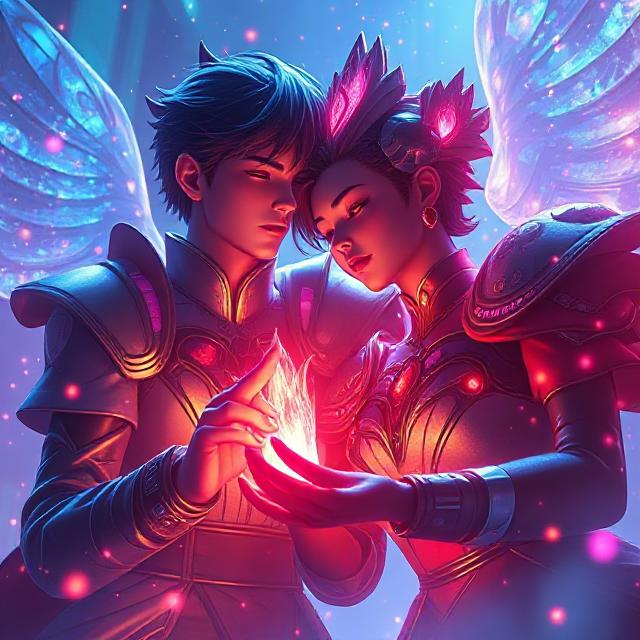The gaming industry has evolved significantly over the years, with trends shifting constantly and creating new subcultures within the community. From the rise of live-streaming to the explosion of mobile gaming, gaming culture continues to grow and shape the world of entertainment. Let’s explore some of the most notable gaming trends and their impact on culture.
1. Streaming and Content Creation
Platforms like Twitch and YouTube Gaming have revolutionized the gaming landscape. With millions of gamers streaming their gameplay, content creation has become a mainstream career path. Streamers, such as Ninja and Pokimane, have amassed huge followings and have become household names. This shift has led to gaming becoming more than just a hobby—it’s now a form of entertainment in itself, with fans tuning in to watch games, learn strategies, and engage with their favorite creators.
2. Mobile Gaming Boom
In recent years, mobile gaming has exploded in popularity. Games like PUBG Mobile, Clash Royale, and Genshin Impact have captivated audiences worldwide. With advancements in mobile technology, smartphones are now capable of running high-quality games that rival their console counterparts. This has democratized gaming, making it more accessible to people who might not have access to high-end PCs or consoles, and has expanded the gaming community to new regions and demographics.
3. VR and AR Gaming
Virtual Reality (VR) and Augmented Reality (AR) have taken gaming to new heights. Games like Beat Saber and Half-Life: Alyx showcase the potential of VR, immersing players in virtual worlds like never before. Meanwhile, AR games like Pokémon GO have brought the virtual world into the real one, creating unique social gaming experiences. While VR and AR are still in their infancy, they hold immense potential to redefine how we interact with games and each other.
4. Esports as Mainstream Entertainment
Esports has shifted from a niche interest to a global phenomenon. Major tournaments, such as The International (Dota 2) and League of Legends World Championship, draw in millions of viewers and offer prize pools in the tens of millions of dollars. Esports athletes are now seen as legitimate sports stars, with sponsorship deals, merchandise, and even endorsement deals from global brands. This cultural shift has helped gaming gain acceptance as a mainstream sport.
5. Inclusivity and Diversity
The gaming community has become more inclusive, with a growing emphasis on diversity in both characters and the people who make up the gaming industry. More games now feature diverse casts of characters, and there has been a push to create games that appeal to underrepresented groups. Additionally, initiatives aimed at promoting women, people of color, and LGBTQ+ individuals in gaming and esports have helped make the community more welcoming and supportive.
Gaming trends reflect the changing dynamics of society, technology, and entertainment. As gaming continues to evolve, the culture surrounding it will likely grow even more diverse, dynamic, and inclusive.

Leave a Reply